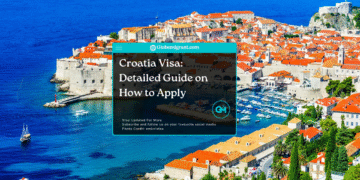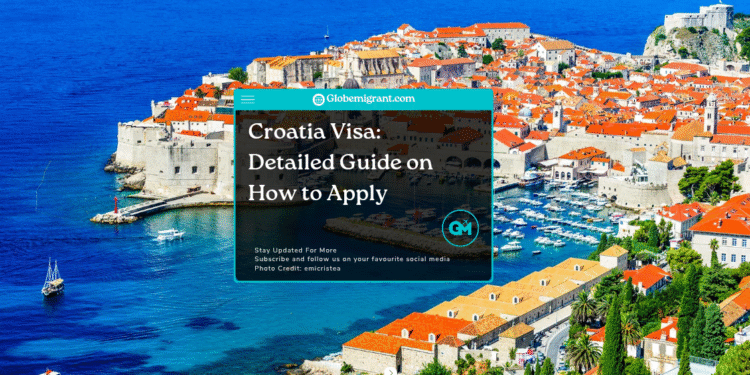1,244 islands, more than 1,000 miles of coastline, eight national parks and 10 UNESCO world heritage sites. These are only a few of the reasons to love Croatia. As the country continues to attract more visitors from around the globe, understanding the visa requirements and how to make a Croatia visa application becomes essential, ensuring your journey to this captivating country is seamless and stress-free.
This Article is Free for Subscribers
Access 2000+ premium insights, visa updates, and global lifestyle stories all in one place. <div> For Subscribers, Login here
Login if you have purchased



































